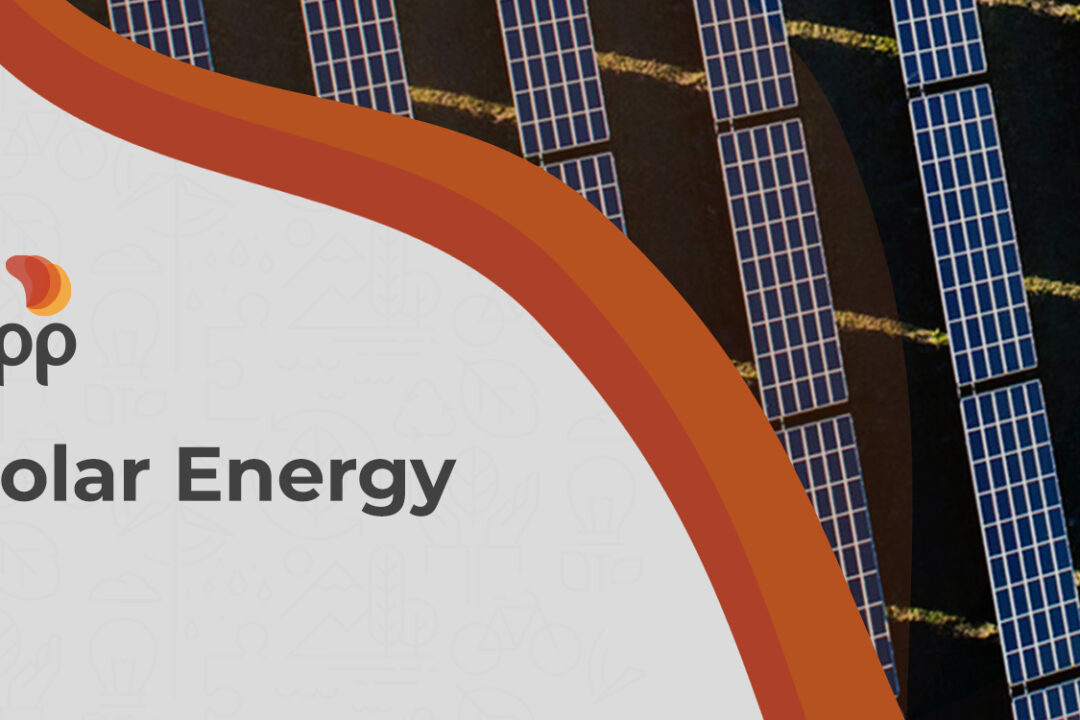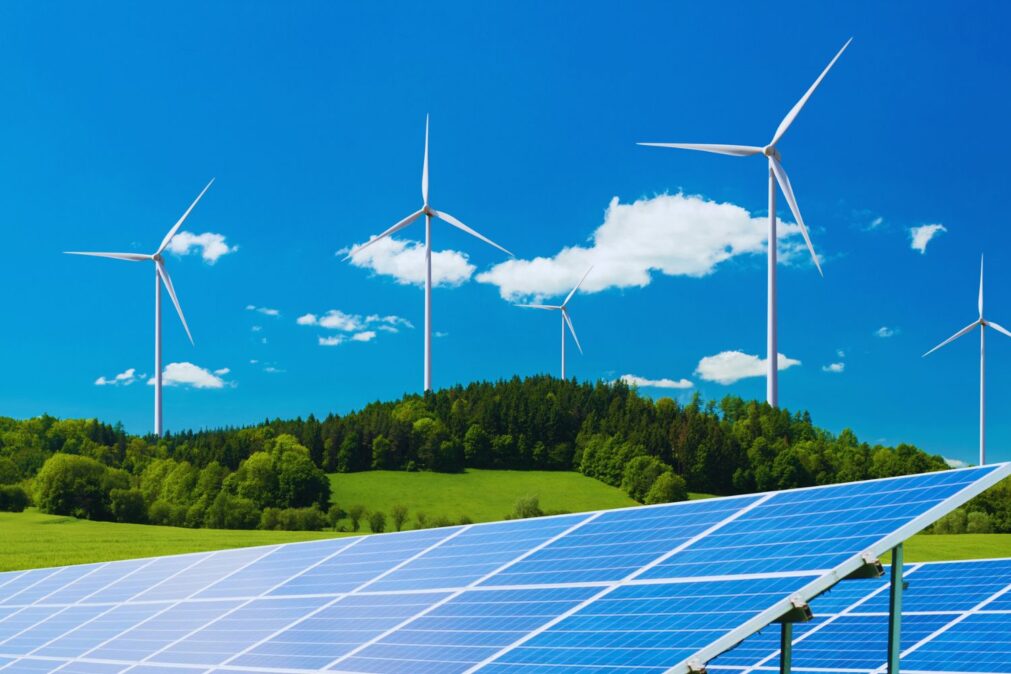With the consolidation of RenovaBio in 2020, the market expects CBIO issuances to attract up to R$30 billion. See growth prospects.
RenovaBio is a policy to recognize the strategic role of all biofuels used in the country. This project was developed to facilitate the setting of goals, certification of production and the creation of the decarbonization credit (CBIO). This makes it easier to value and recognize the relevance of each fuel — ethanol, biodiesel, biomethane, biokerosene and second generation in the Brazilian energy matrix.
Created in 2017, this policy is not intended to be a tax or subsidy for the sector. Its contribution is in energy security, market predictability and the mitigation of greenhouse gas emissions from the fuel sector.
The importance of RenovaBio in the development of cogeneration
Cogeneration is a process that allows, with the use of only one fuel, to simultaneously produce heat and electricity. This process occurs with the generation of energy through biomass.
The installed capacity of electricity generation from biomass grew 67% between 2010 and 2015, but in recent years it has shown a retraction. According to data from the Energy Research Company (EPE), biomass currently represents 8.8% of total energy generation in the country.
In the market, there is room for the growth of bioelectricity. It is estimated that this sector could deliver to the grid more than 200 thousand GWh, practically nine times more than the total sold in 2020.
Although it was created in 2017, RenovaBio was only consolidated in April 2020 when decarbonization credits (CBIOs) started to be traded on the stock exchange.
Thus, industry experts predict that the supply and demand for credits should balance out in the next two years, requiring mills to make additional investments to expand the sugarcane fields, supporting the expected advance of cogeneration. With this consolidation, the market expects a better scenario going forward.
What are decarbonization credits (CBios)?
The decarbonization credit (CBIO) is a way of offering solutions for the low carbon economy that companies around the world are looking for: an environmental asset in the fuel sector that encourages the decarbonization of processes. This program foresees that biofuel producing plants can issue credits after undergoing an auditable certification process, carried out by independent certifiers.
Each credit corresponds to a ton of CO2 and fossil fuel distribution companies are committed to buying them to mitigate their emissions. The acquisition is also free for other companies interested in reducing their carbon footprint. Thus, there is a mutual commitment between the plants to increase the production of biofuels and the issuance of CBIOs, as well as the distributors in the purchase of the bonds.
According to a survey by Itaú BBA, the volume of credits issued in 2020 exceeded the initial target, reaching 18.5 million certificates. In 2021, up to the first half of July, emissions already totaled 15.89 million certificates. The goal is 24 million titles for this year.
With a balanced market, the values should grow year by year until reaching the level of 90 million tons in 2030. In addition to the benefits to the environment, the project also has a positive impact on the prices of biofuels for consumers. Specialists believe that, in up to ten years, it is possible to achieve carbon neutrality in the energy production sector in Brazil.
Therefore, in one year of operation, it is already possible to see how RenovaBio is important for the development of the biofuels sector and how this market still has potential for growth.






